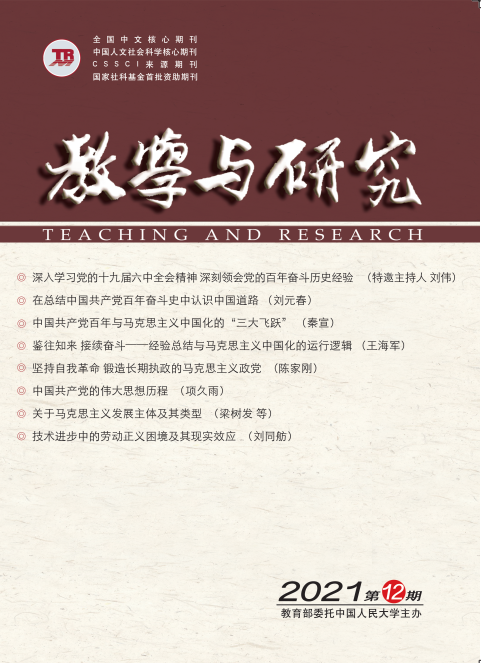Because of technological progress, technological labor has become an indispensable way for people to pursue material benefits and social rightsInjustice in technological labor resources and in the specific process of production has posed a challenge to social justiceLabor justice inherent in social justice is forced to give rise to value orientations that are consistent with the demand of capital productionAs a result, justice values in various social fields diverge from one another, and it is hard to reach a value consensus between individuals and the social communityThe deepening technological progress makes it possible for the labor justice dilemma to dissolve by strengthening the technological preference of laborHowever, this way is based on an intellectual framework of binary opposition between the normative dimension and the factual dimension, and between the abstract dimension and the practical dimension in labor justiceFurthermore, it neglects the fundamental role of the factual and practical dimensions in the specific process of technological laborTherefore, it deteriorates the injustice problem long existing in social governance and global governanceA profound contradiction can be found between the truth and reality of the value of labor justice



